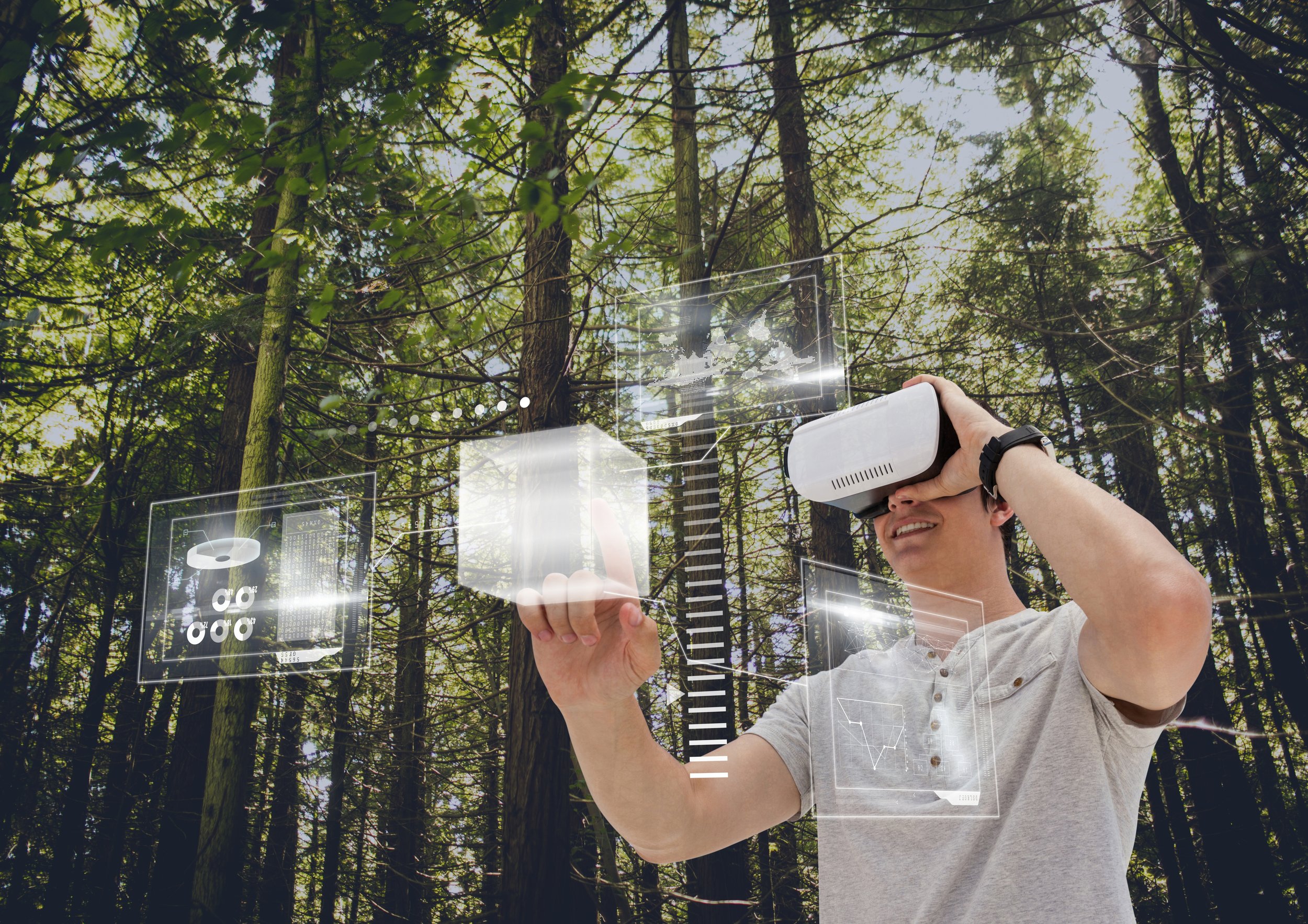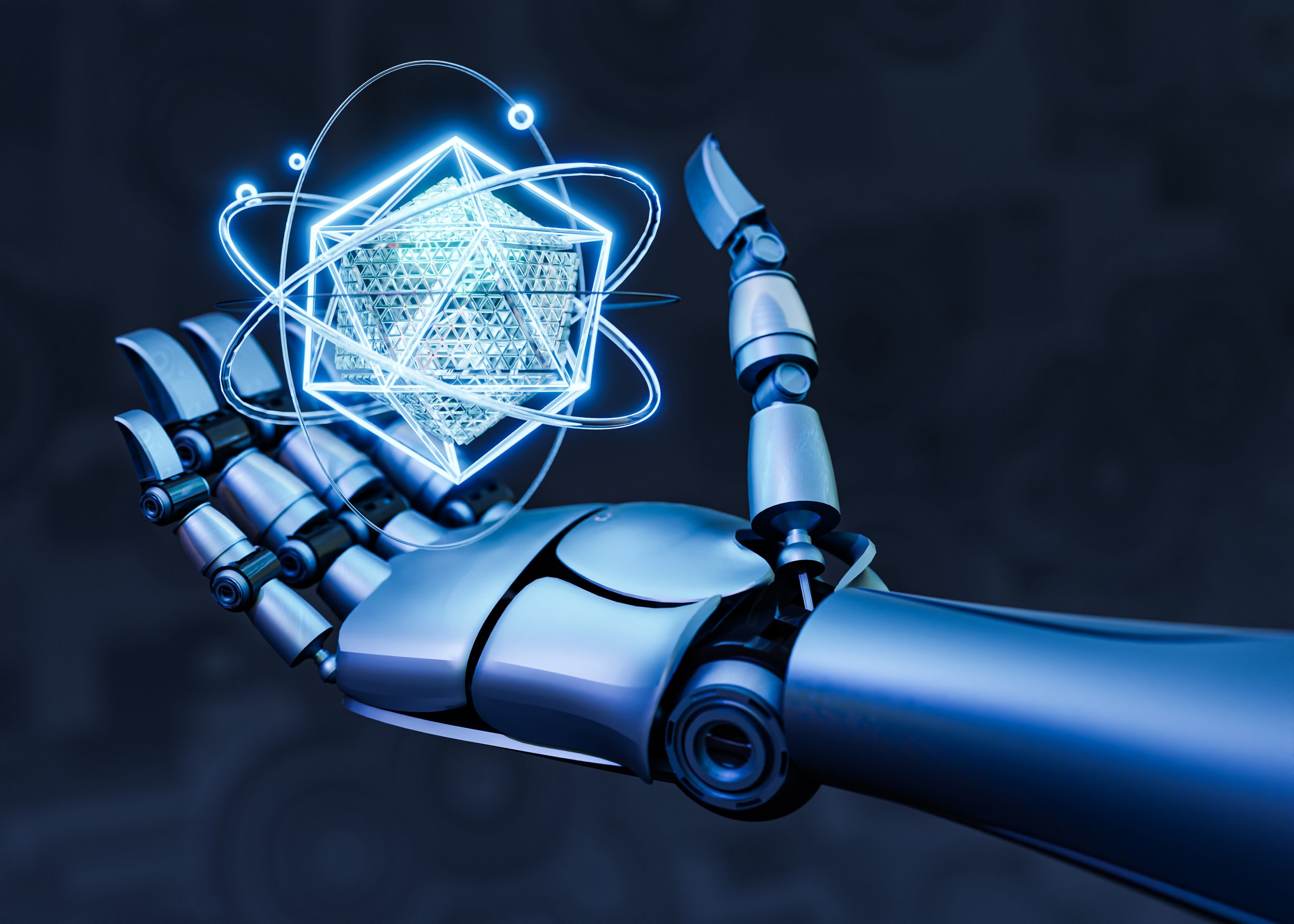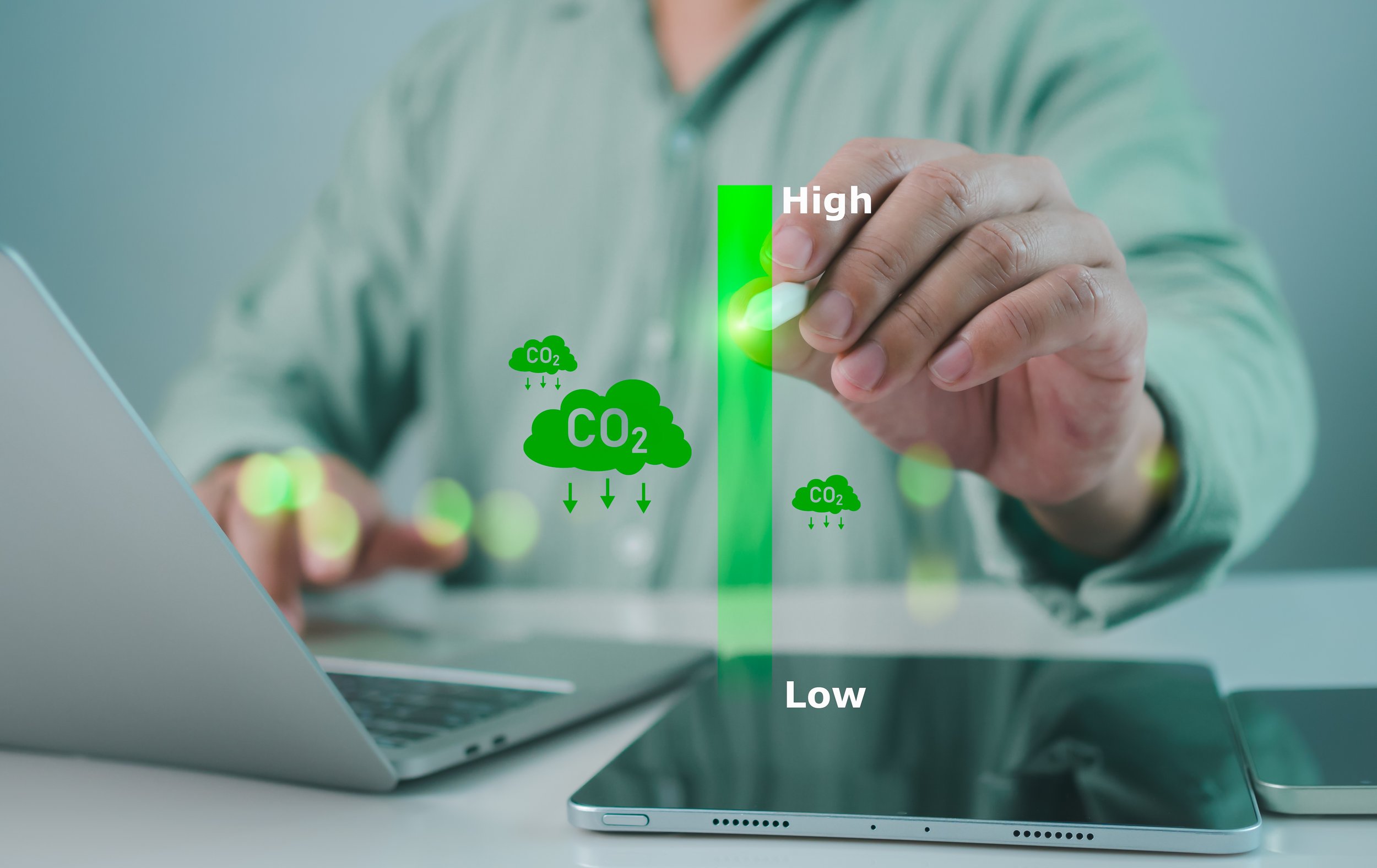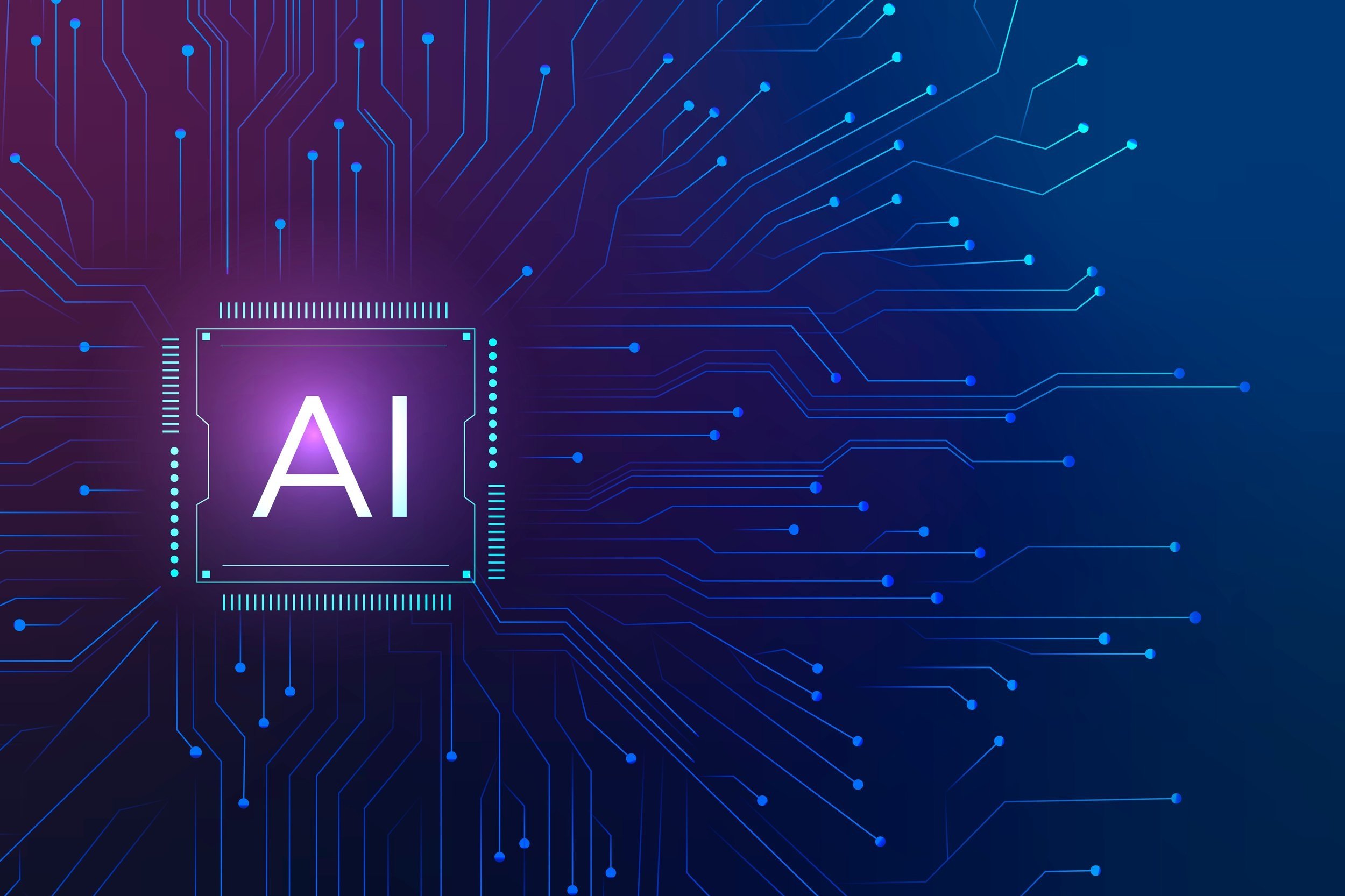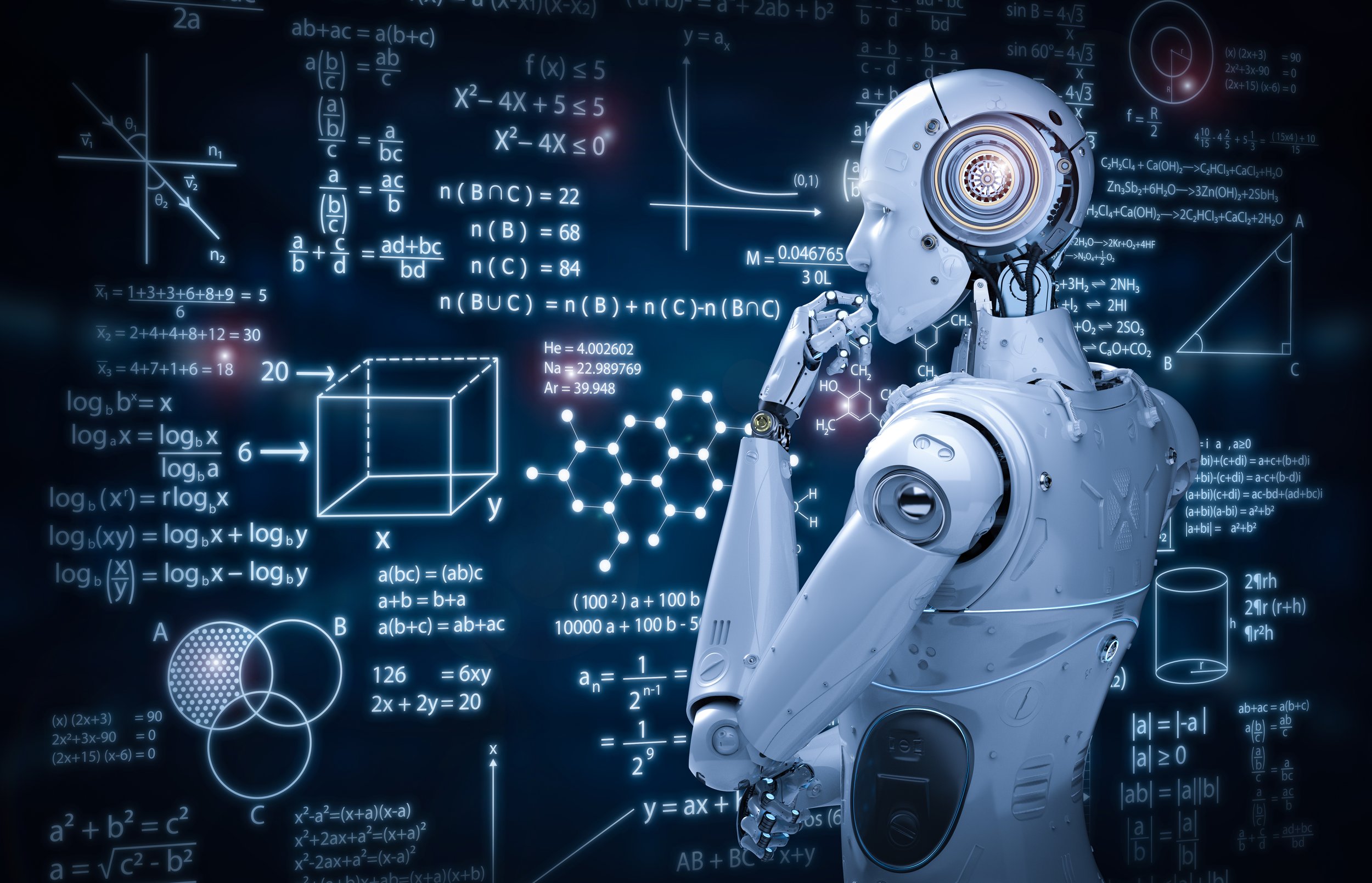
TechNews
Latest updates and insights on tech.
AR/VR Marketing
The Impact of AR and VR on Consumer Engagement examines how immersive technologies, such as Augmented Reality (AR) and Virtual Reality (VR), are transforming the way businesses engage with consumers. From personalized shopping experiences and interactive marketing campaigns to virtual product demonstrations, AR and VR are revolutionizing engagement, enhancing brand loyalty, and providing businesses with innovative tools to create deeper, more meaningful customer interactions.
SEO Meets Voice Queries
Voice search is becoming a dominant way people interact with search engines, thanks to smart assistants like Siri and Alexa. Unlike traditional search, voice queries are conversational and often question-based. This shift requires businesses to rethink their SEO strategies—focusing on natural language, local SEO, and featured snippets to remain visible in voice search results.
Outpacing with Digital
Digital-first companies are rapidly surpassing traditional businesses by leveraging technology, data, and agile business models. This article explores the reasons why these companies are thriving, including their ability to enhance customer experiences, make data-driven decisions, and scale rapidly, while traditional companies struggle with legacy systems and slower adaptation.
Rise of AI Content
Excerpt:
AI-generated content is transforming the marketing industry, enhancing productivity, scalability, and personalization. However, businesses must strike a balance between automation and human creativity to preserve their brand's voice and authenticity. This article explores how AI is revolutionizing content creation, its benefits, challenges, and best practices for effective integration into marketing strategies.
Automation Reduces Costs
Automation is revolutionizing business operations by improving efficiency, minimizing human error, and significantly reducing operational costs. This article highlights the key ways in which automation technologies, such as robotic process automation (RPA) and artificial intelligence (AI), help organizations streamline workflows, enhance productivity, and achieve cost savings. From optimizing resource allocation to improving customer service, automation is a powerful tool in driving competitive advantage in today's market.
Strategic AI for Leaders
Artificial Intelligence (AI) is rapidly shaping business strategy by fostering innovation, enhancing decision-making, and generating competitive advantages. This article explores how AI can be integrated into business strategy, covering applications such as automation, data-driven insights, and personalized customer experiences. It also delves into challenges such as data privacy concerns and workforce adaptation. By understanding these dynamics, business leaders can leverage AI to drive sustainable success.
Data-Driven Growth
In today’s rapidly changing business environment, leveraging data-driven decision-making (DDDM) is essential for long-term growth and gaining a competitive edge. By utilizing data analytics, organizations can make informed, strategic decisions that optimize operations, reduce risks, and enhance customer experiences. This approach empowers businesses to identify emerging market trends, improve efficiency, and drive innovation. As digital transformation accelerates, data-driven strategies will play a pivotal role in shaping the future of business success.
AI & Climate Insights
AI is revolutionizing weather prediction and climate analysis, offering a powerful tool for enhancing forecasting accuracy and addressing the growing challenges of climate change. By leveraging machine learning, big data analytics, and advanced algorithms, AI is transforming how meteorologists and climate scientists process and interpret complex datasets. This article explores the diverse applications of AI in predicting extreme weather events, identifying climate trends, and providing data-driven insights to support climate adaptation strategies. As AI continues to evolve, its impact on climate science and environmental policy will become even more critical in addressing the urgent need for sustainable solutions.
Quantum Computing & Security
Quantum computing poses significant challenges to traditional cybersecurity measures, particularly encryption protocols, which rely on the complexity of mathematical problems to safeguard sensitive data. With quantum computers potentially solving these problems exponentially faster, encryption methods such as RSA and ECC may no longer be secure. Proactive strategies—such as transitioning to quantum-safe encryption and investing in research—are essential to protect data in the quantum era.
Smarter Data at Edge
Edge computing is transforming data processing by decentralizing computational tasks, reducing latency, and enhancing security. By processing data closer to its source, businesses can achieve faster, more efficient operations, particularly in IoT applications and real-time analytics. This article explores how edge computing is reshaping data processing, improving security, reducing cloud dependency, and enabling the integration of AI and machine learning at the edge. As industries embrace edge computing, it is becoming an essential component of digital transformation strategies.
AI in Customer Experience
Artificial Intelligence (AI) is revolutionizing the landscape of customer experience management by enabling businesses to deliver highly personalized and efficient interactions. Through AI-powered tools such as chatbots, predictive analytics, and machine learning, companies are enhancing customer satisfaction, reducing response times, and streamlining service operations. This article explores the pivotal role of AI in transforming customer engagement, the challenges of AI adoption, and how businesses can optimize these technologies to maintain a competitive edge in the evolving market.
Blockchain Security
As cyber threats escalate and data privacy concerns grow, blockchain technology is emerging as a powerful tool in the evolution of digital security. This article explores how blockchain’s decentralized and cryptographically secure architecture is mitigating vulnerabilities inherent in traditional systems. From encrypted data management and smart contracts to decentralized identity solutions, blockchain is redefining how sensitive information is protected. While challenges around scalability and regulatory compliance persist, the technology’s potential to enhance digital trust and transparency is reshaping the future of cybersecurity across industries.
AI Business Auto
The integration of artificial intelligence into business operations is driving a new era of automation that extends far beyond traditional industries. This article explores the transformative impact of AI-powered automation, from intelligent process automation and predictive analytics to autonomous decision-making and ethical AI governance. As organizations navigate this evolving landscape, they must strategically adopt AI to enhance efficiency, foster innovation, and address the challenges of workforce transformation and responsible deployment. Embracing AI not merely as a tool, but as a strategic partner, will be key to maintaining competitiveness in the digital age.
Smart Design Materials
Smart materials are revolutionizing responsive design by enabling products to interact dynamically with their environment. These advanced materials adapt to changes in light, temperature, pressure, and other external stimuli—opening the door to intelligent, adaptable solutions across industries. As design continues to evolve toward functionality and interactivity, smart materials present transformative possibilities through their unique, stimulus-driven behaviors.
AI's Impact on Jobs
Artificial intelligence (AI) is rapidly transforming the global employment landscape, simultaneously presenting challenges and creating new opportunities. Its influence extends across sectors such as manufacturing, transportation, healthcare, and customer service—disrupting traditional roles through automation while generating demand for new skill sets. Understanding the capabilities essential for success in an AI-driven future has become increasingly critical.
Mixed Reality Retail
Mixed reality (MR) technologies are redefining retail by blending digital and physical experiences to engage consumers in new, immersive ways. This study explores the benefits of AR and VR for both retailers and shoppers, highlighting how these tools are reshaping the future of shopping. As adoption grows, MR is becoming a key differentiator for brands looking to elevate in-store engagement and bridge the gap between online and offline experiences.
Drone Urban Logistics
Drone technology is rapidly gaining traction as an innovative, scalable answer to the rising demands of modern urban logistics. In city-based delivery systems, drones offer the potential to reduce traffic congestion and enhance last-mile efficiency. Exploring both the benefits and constraints, this analysis provides a forward-looking, practical perspective on the role of drones in shaping the future of urban logistics.
Next-Gen ID Verification
Blockchain technology is offering a transformative approach to identity management by enhancing security, transparency, and user control. This study explores how decentralized systems can empower individuals, simplify verification processes, and build greater trust in digital interactions. While blockchain introduces significant benefits, it also brings challenges that must be addressed to fully realize its potential in creating a safer, more efficient identity framework.
Robotics in Learning
Robotics is emerging as a powerful tool in education, offering an engaging and interactive way to teach STEM subjects while also supporting the development of social and cognitive skills. This study examines how integrating robots into classrooms enhances problem-solving, creativity, and collaboration among students. By transforming traditional learning environments, educational robotics is helping to better prepare students for a technology-driven future.
Deep-Sea Exploration Technologies
Advancements in technology are opening new frontiers in oceanographic research, particularly in the exploration of the deep sea. This study highlights how cutting-edge tools—such as autonomous underwater vehicles, advanced sensors, and remote-operated systems—are enabling scientists to navigate extreme depths and collect vital data. These innovations are transforming our understanding of marine ecosystems and the planet's most remote regions.

